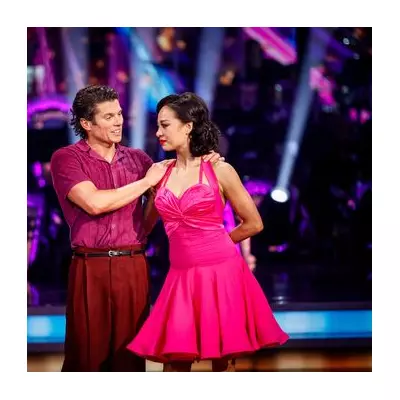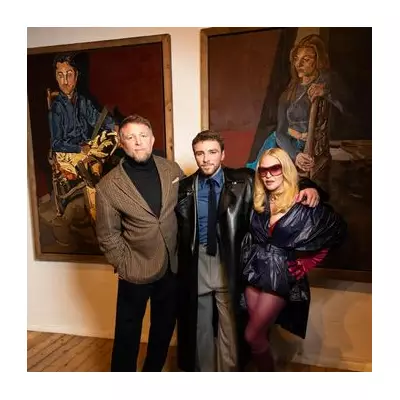
The West End is facing a storm of criticism after the announcement that a non-disabled actor will play the iconic role of Quasimodo in an upcoming production of The Hunchback of Notre Dame. The decision has ignited fierce debate about disability representation in the performing arts.
Backlash Over Casting Choice
Theatres and production companies have long been scrutinised for their casting practices, particularly when it comes to disabled characters. Many argue that roles depicting disabilities should be reserved for actors who share those lived experiences.
"This is yet another missed opportunity to showcase disabled talent," said a spokesperson for a prominent disability rights organisation. "The industry continues to overlook authentic representation while paying lip service to inclusivity."
The Industry Responds
The production team defended their decision, stating that they conducted extensive auditions and selected the actor they believed best embodied the character's emotional complexity. However, critics maintain that physical characteristics are integral to Quasimodo's identity.
This controversy comes at a time when the entertainment industry faces increasing pressure to improve diversity both on and off stage. Recent years have seen progress in gender and racial representation, but campaigners argue disability inclusion still lags behind.
A Broader Conversation
The debate extends beyond this single production, touching on wider questions about:
- The ethics of "cripping up" (non-disabled actors playing disabled characters)
- The shortage of opportunities for disabled performers
- The need for better accessibility in theatre spaces
- The importance of authentic storytelling
As opening night approaches, all eyes will be on how the production addresses these concerns and whether the industry will learn from this controversy.





